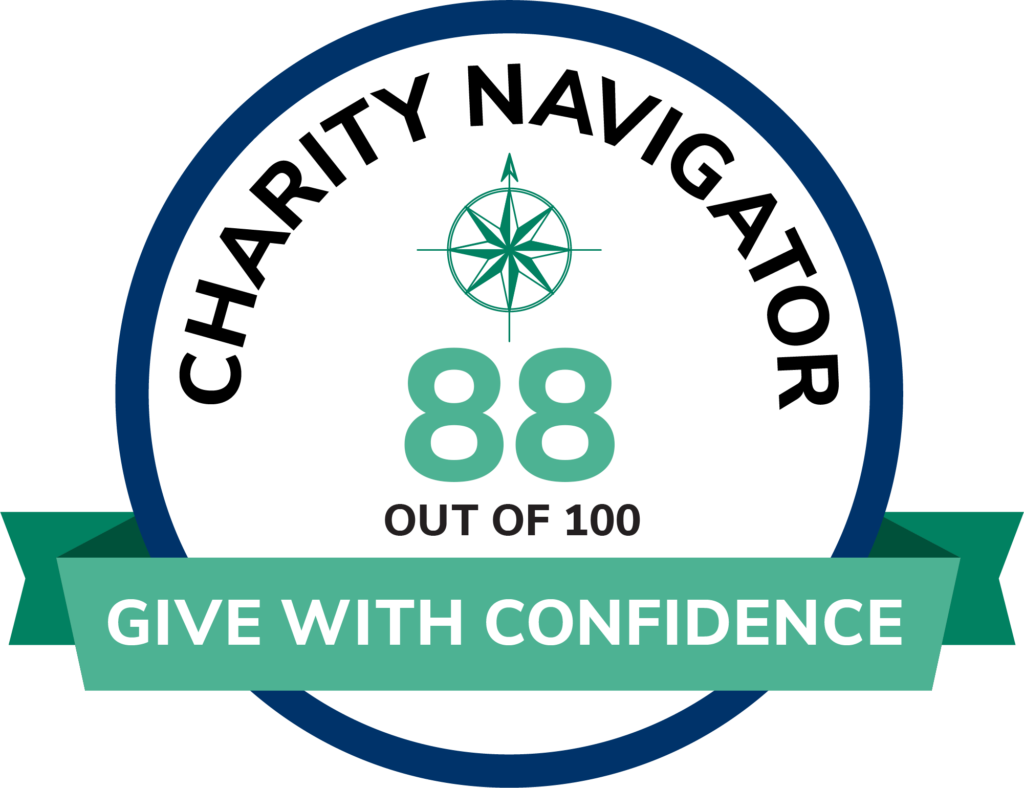Earlier this year, Bankrate and Psych Central released the Money and Mental Health study and, not surprisingly, a large number of people surveyed in the research reported that money has a negative impact on their mental health.

Survey results varied across generations: Financial concerns psychologically impact 48 percent of Millennials, 46 percent of Generation X, and 40 percent of Generation Z. Needless to say, every generation will feel the sting of any bear market, including (and especially) Baby Boomers.
At the moment, economic conditions feel, well, awful. Some people feel better if they can gain a better understanding of the factors that created the unpleasant mix of inflation, rising interest rates, and a bear market in the first place. Others are comforted knowing they are not alone as they ride the emotional rollercoaster. And for those who are charitable inclined, challenging economic times might actually serve as an inspiration to become more intentional about charitable giving priorities. What’s more, not all donors will reduce their donations.
Here are three messages worth sharing with your philanthropic clients as bear market conditions hang on into the fourth quarter:
“Not all stocks are down.”
Giving appreciated stock to a donor-advised fund or other type of fund at the community foundation is always a tax-savvy alternative to giving cash, regardless of the economic situation. Your clients may feel disappointed that their portfolios have hit a rough patch, but this does not mean that there aren’t still plenty of opportunities to avoid capital gains tax on stocks held for more than a year. (Take a look at the historical share price of Apple, for example, and imagine the capital gains tax liability for clients who’ve held the stock for several years.)
“Consider the needs of others who are even more acutely feeling the pinch of inflation.”
Community needs are rising, and the SRCCF is dedicated to staying on top of the issues that are critically important to quality of life at any given time. Families with low or moderate household incomes can be especially vulnerable to high inflation. Our team can help your clients zero in on nonprofits in our community that are serving the people who need the most help right now.
“Don’t forget about the Qualified Charitable Distribution.”
We mention this tool a lot because it is such a financially-savvy way for your clients to support the charities they care about. If your client has reached the age of 70 1/2, the client may be eligible to make annual distributions of up to $100,000 per spouse from IRAs directly to an unrestricted or field-of-interest fund at the SRCCF. QCD transfers count toward satisfying clients’ Required Minimum Distributions and avoid the income tax on those funds. Plus, those assets are no longer part of a client’s estate at death, which avoids estate taxes, too. What’s more, the QCD may get a boost if the EARN Act becomes law; proposed bipartisan legislation would expand the QCD rules to allow a one-time, $50,000 QCD to a split-interest trust such as a charitable remainder trust.
The team at the Starved Rock Country Community Foundation is honored to serve as a resource and sounding board as you build your charitable plans and pursue your philanthropic objectives for making a difference in the community. This article is provided for informational purposes only. It is not intended as legal, accounting, or financial planning advice. Please consult your tax or legal advisor to learn how this information might apply to your own situation.




